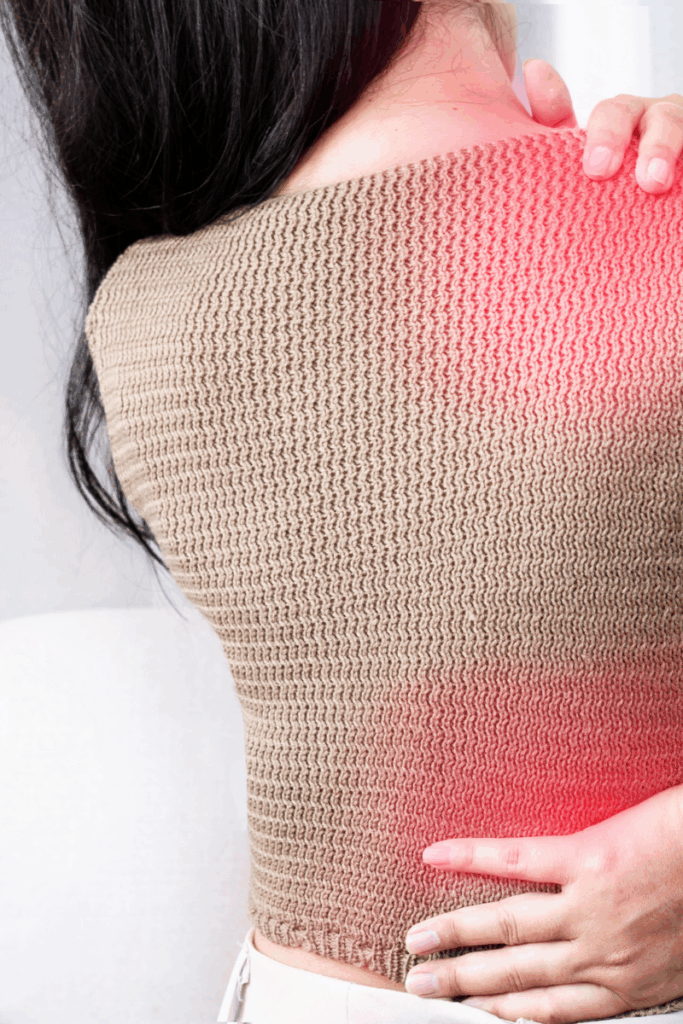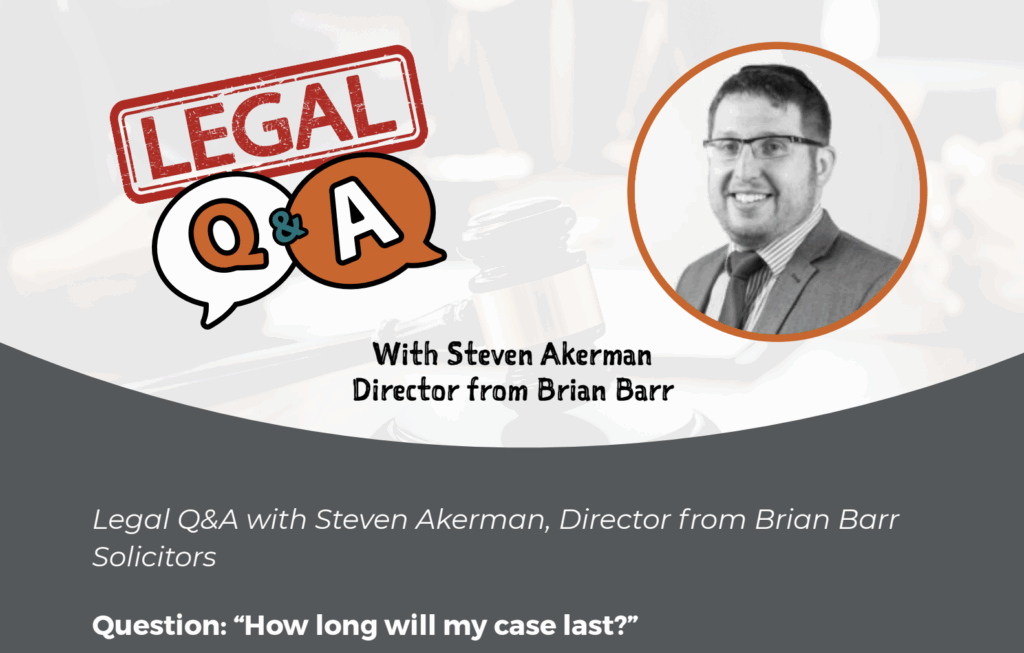When suffering from chronic pain, most people reach for comfort food. Would you still make the same choice if you knew this could be aggravating your chronic pain symptoms? Find out more.
Nowadays, whether you suffer from chronic pain or not, the majority of people consume more calories than recommended. To make matters worse, many of these foods are high in saturated fats, salt and sugar. Not only will this put you on the fast track to obesity but may also increase pain intensity.
As a law firm with vast experience in handling chronic pain compensation claims, we offer advice throughout this blog post, concentrating on the types of foods you could incorporate and avoid in your diet to reduce your chronic pain symptoms.
Foods to embrace
Salmon:
Contrary to popular opinion, not all fats are bad for you. Salmon is rich in Omega-3, a fatty acid that can reduce inflammation often associated with chronic pain. Other foods that contain omega- 3 are sardines, herring and mackerel.
Onions:
Onions are rich in quercetin, an antioxidant that fights enzymes that contribute to inflammation. Other foods that provide a good source of quercetin are grapes, broccoli, red wine and apples.
Garlic:
Rich in sulphur compounds, garlic is one of the most anti-inflammatory foods to alleviate your chronic pain. Garlic stimulates the production of T helper cell, which also boosts your immune system.
Olive oil:
Whilst arguably most well known for ensuring mediterraneans maintain a youthful complexion, some studies claim olive oil contains compounds similar to ibuprofen, making it a great addition to your diet to help chronic pain.
Blueberries:
Rich in antioxidants called anthocyanins, blueberries help relieve chronic pain. Like all antioxidants, anthocyanins battle free radicals easing your chronic pain.
Foods to avoid
Caffeine:
For some chronic pain sufferers, sleeping is disturbed. While a hot drink may seem like the perfect midday pick me up, caffeine lingers in your system for hours and can go on to cause sleep issues and thus contribute to worsened chronic pain symptoms. Try drinking decaffeinated tea or a more health conscious green tea option.
Yeast and gluten:
A recent study shows that chronic pain sufferers seem prone to gluten sensitivities. The theory is that yeast and gluten found in baked food can cause the growth of yeast fungus contributing to chronic pain.
Sugar:
High insulin levels from sugar heighten inflammation and pain levels. Limit sugar intake by avoiding fruit juices and opt for fresh fruits to reduce chronic pain.
Junk food:
Always try and maintain a healthy, balanced diet coupled with exercise. Junk food, such as crisps, biscuits and takeaways encourage weight gain, which in turn puts strain on joints, which can increase chronic pain levels.
As you can evidently see, there are notable links between diet and pain levels. However, everyone is individual and different foods affect people with chronic pain in different ways. Take our advice on board, speak to your doctor and work out what is best for your personal needs. If you suffer with the condition and want to consult with specialist chronic pain solicitors, contact our helpful team of accident solicitors in Manchester and find out more.
We do not endorse any research, studies or sources mentioned within our blogs and comments. Furthermore, we do not endorse any medical advice provided, and would strongly recommend anyone seeking medical advice to contact their local healthcare provider.
















